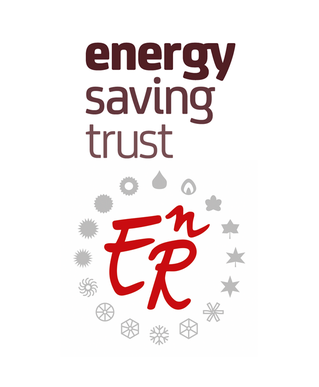Search eceee proceedings
Energy equality and energy sufficiency: new policy principles to accelerate the energy transition
Panel: 1. The dynamics of limiting (energy) consumption
This is a peer-reviewed paper.
Author:
Giuseppe Pellegrini-Masini, NTNU Norwegian University of Science and Technology, Norway
Abstract
Energy equality (EE) is a novel concept, and its tentative definition was recently presented as follows: “Providing all individuals with equal opportunities of using energy services, energy technologies, and consuming energy and embodied energy for satisfying personal needs and holding capabilities” (Pellegrini-Masini, 2018, p. 13).
The complexity of the concept and its relation to widely used concepts such as “needs”, “capabilities”, “energy justice”, “environmental justice”, “distributional justice” and “energy sufficiency” deserve to be analysed and discussed.
Nevertheless, EE appears as a concept that is susceptible to inspire energy policies pursuing higher levels of distributional equity and the reduction of CO2 emissions.Distributional policies though, are known to be contentious and often raise debates on the opportunity of interfering with the free market allocation of goods in capitalistic economies. Whether EE inspired policies might be considered feasible and implementable depends on their expected social acceptance. In this paper, we discuss the interrelation of EE with other concepts at the core of energy consumption policies and we discuss the profile of social acceptability of the policies that might be informed by EE.
Downloads
Download this paper as pdf: 1-293-19_Pellegrini-Masini.pdf
Download this display as pdf: 1-293-19_Pellegrini-Masini_display.pdf
Panels of
1. The dynamics of limiting (energy) consumption
2. What's next in energy policy?
4. Monitoring and evaluation for greater impact
5. Smart and sustainable communities
7. Make buildings policies great again
8. Buildings: technologies and systems beyond energy efficiency
9. Improving energy efficiency in ICT, appliances and products

























